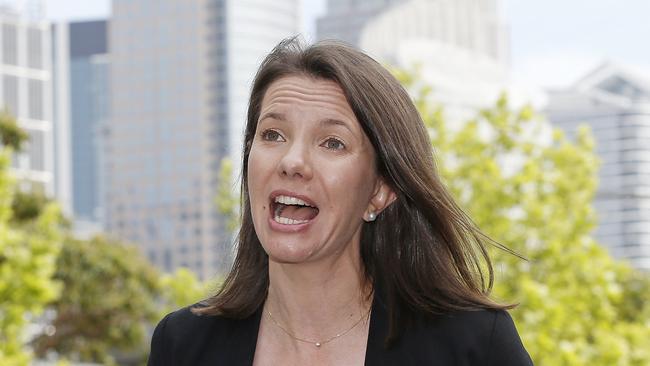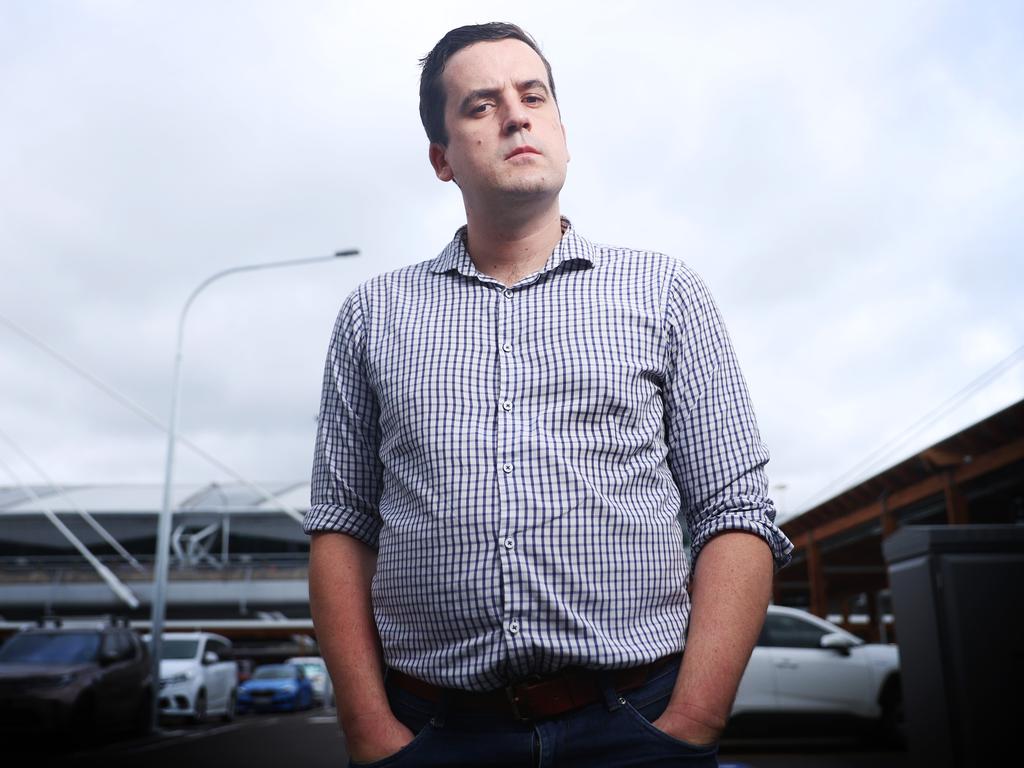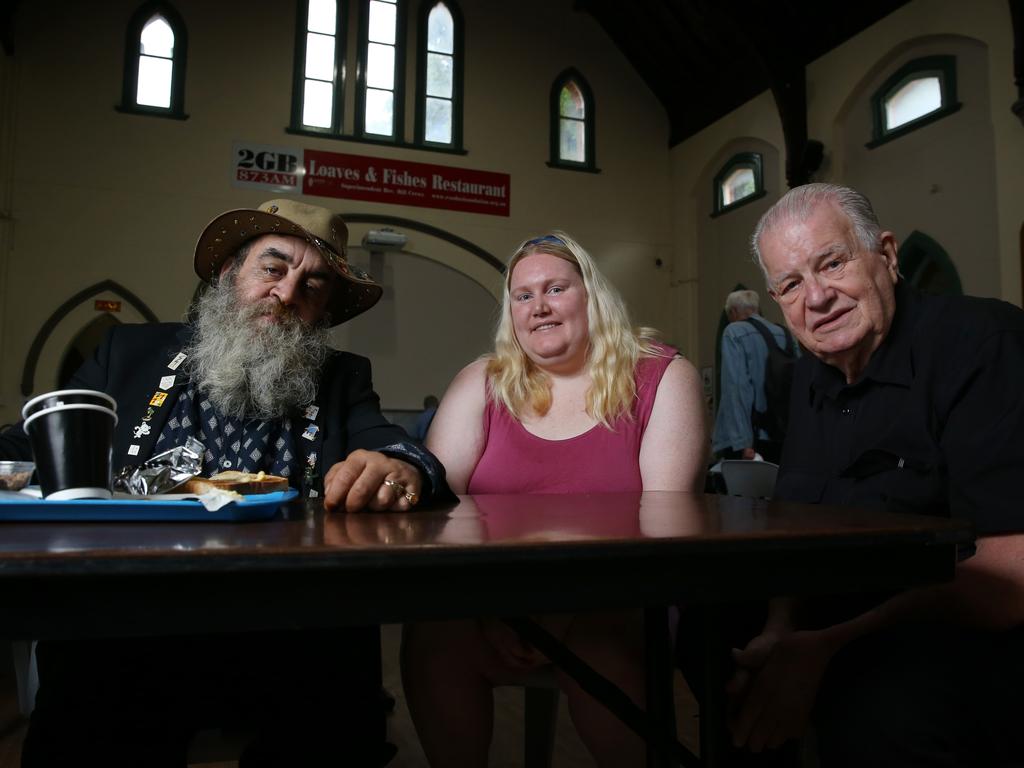Psychiatrists laid it all on the line … and the NSW government has trashed every ounce of good faith


Public health systems have become a heartless, bureaucratic, mechanistic force that damages doctors and patients.
Make no mistake about this: the NSW government has deliberately played hardball with psychiatry clinicians who are laying their jobs on the line in pursuit of a safer system for the most vulnerable of patients.
In doing so, the government has engaged in a grab-bag of misrepresentations designed to turn public sentiment against doctors. Statements made about their enormous respect for psychiatrists, and how much they are valued, have been rendered immediately hollow by inflated presentations of salary, entreaties to the workforce to stay at the table when doctors were the ones begging the government to listen, even to talk to them at all, for 15 months.
On Tuesday, Mental Health Minister Rose Jackson represented to the public that the government was trying to secure a deal in good faith at the state’s Industrial Relations Commission: this will be a welcome turnaround if it happens, given government counsel has repeatedly turned up maintaining an immovable position time after time and negotiating on nothing.
The government’s repeated refrain that it has offered psychiatrists a 10.5 per cent payrise over three years is nothing but dissembling and obscures the real issues in this standoff. That offer was made as part of ordinary enterprise bargaining, to doctors across all medical specialties, most of which receive higher remuneration than psychiatrists, given their ability to attract higher private practice allowances.
The government has said it can’t accede to the demand for a 25 per cent pay rise, which was sought in the form of a special allowance that would not affect other awards because it would face a raft of industrial claims across all specialties. That’s understandable, but the reality is the mental health system is a special case.
There is no other specialty bleeding staff who leave in despair, with 30 per cent of permanent positions vacant, no other specialty where patients receive such poor care in such an overloaded system. To be a public sector psychiatrist is to experience despair every day. To be a patient is be subject to systemic discrimination in a health system that has underresourced the hidden and voiceless for decades.
As of now, mental health and psychiatric services across a wide variety of wards and services are operating severely understaffed and taxpayer funds are going into the pocket of locums earning $3050 a day. Years of training and more importantly altruistic intent from public sector psychiatrists have been laid to waste.
It’s hard not to conclude this has all taken place as a result of sheer government bloody-mindedness. Macquarie Street industrial bargaining tactics are not appropriate for this most delicate and high-stakes of situations, where lives are at risk. Yet that is exactly what we have seen employed in a sickening, inexorable slide over a cliff in which basic psychiatric care surely must be now on the line for thousands of patients.
The worst thing is it may be too late to reverse course. Even if the government comes to the table now, many public sector psychiatrists wouldn’t come back anyway. Not for quids.





The psychiatry dispute in NSW that will see the state stripped of up to half of its permanent workforce of clinicians is a microcosm of a much greater malaise across public health systems nationwide.